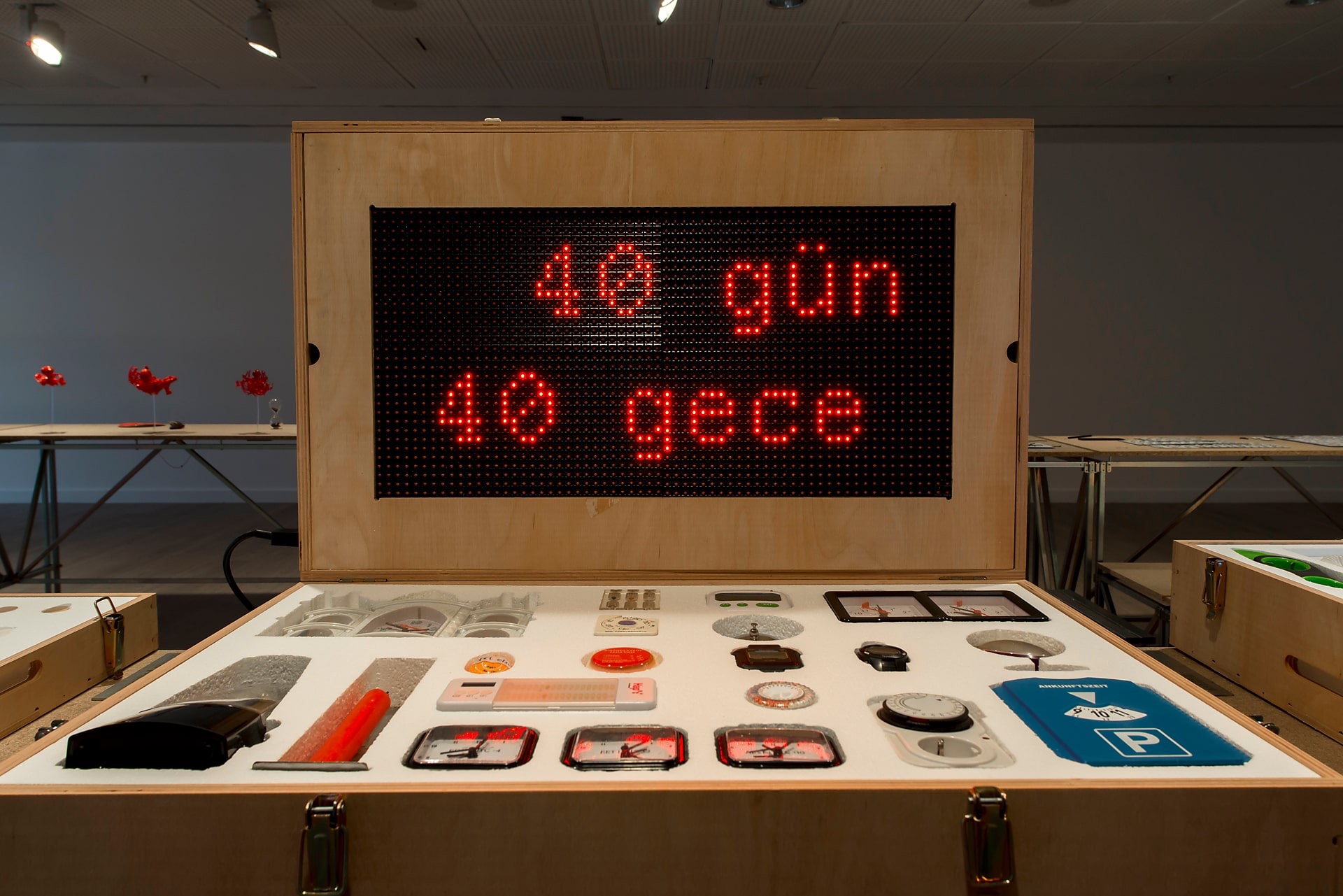Anarchic in its humor, caustic in its view of peasant life, Happiness defies easy categorization or definition. The painted backdrops inspired by Russian wood prints evoke the atmosphere of a Russian folk tale and give the action a curious theatricality. Medvedkin’s surreal silent comedy tells the story of a peasant named Khmyr and his wife Anna as they try to discover the meaning of happiness. The narrative unfolds over an unrealistic amount of time, taking the couple from pre-Revolutionary days to the time of Stalin and collectivization. Throughout the film, the happiness of the couple is thwarted by a series of absurd and surreal events, including a horse unwilling to do its work, neighbours who steal their entire granary, and Tsarist officers who arrest a suicidal Khmyr, asking him “if the peasant dies, who will feed Russia?” One of the most famous scenes features the arrival of members of the Orthodox Church, including nuns in see-through outfits and a clearly corrupt priest who has arrived to collect taxes from Khmyr and his wife.
Trailer

Pera Museum presented a talk on Nicola Lorini’s video installation For All the Time, for All the Sad Stones, bringing together the artists Nicola Lorini, Gülşah Mursaloğlu and Ambiguous Standards Institute to focus on concepts like measuring, calculation, standardisation, time and change.
Tuesday - Saturday 10:00 - 19:00
Friday 10:00 - 22:00
Sunday 12:00 - 18:00
The museum is closed on Mondays.
On Wednesdays, the students can
visit the museum free of admission.
Full ticket: 300 TL
Discounted: 150 TL
Groups: 200 TL (minimum 10 people)